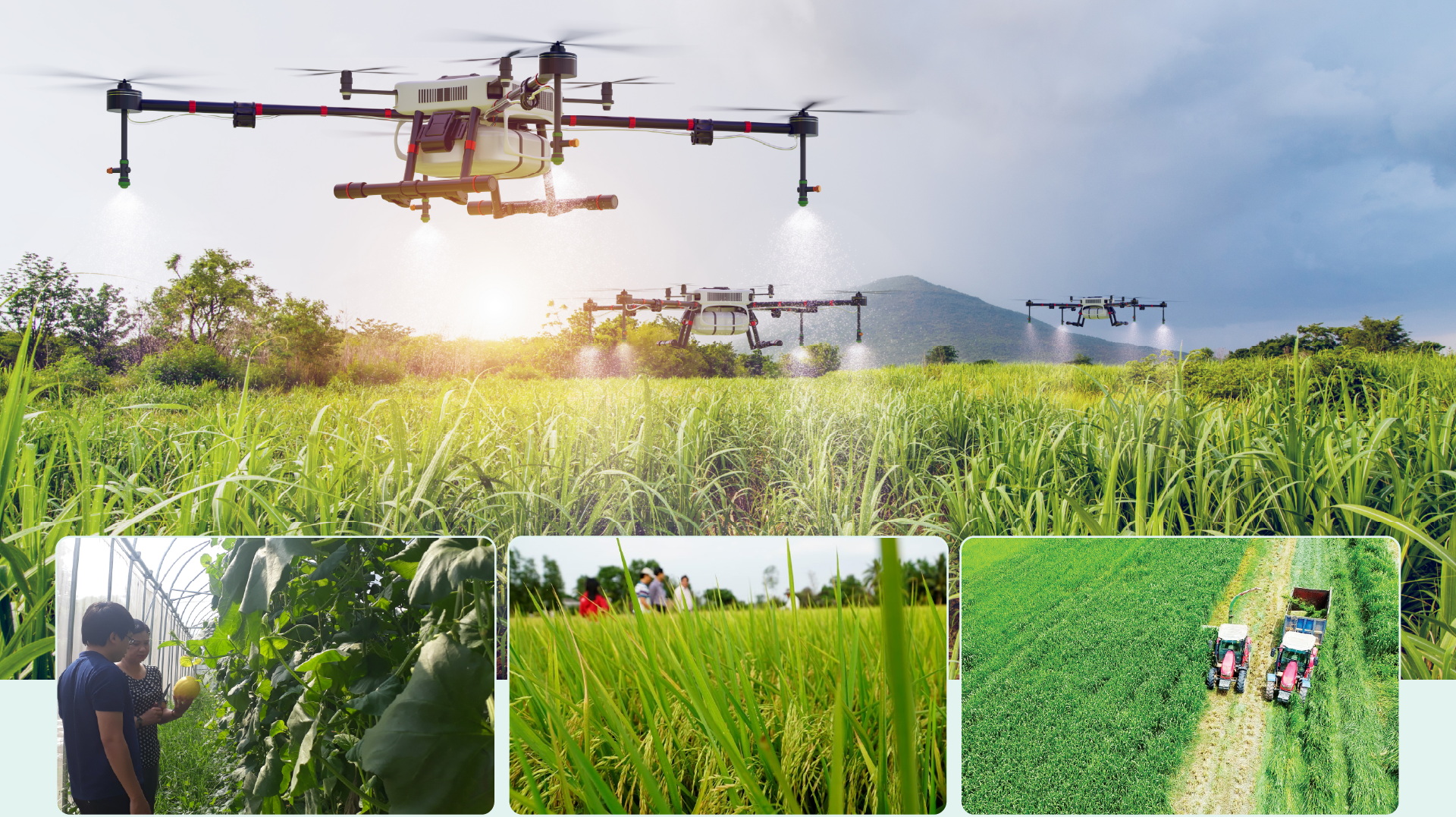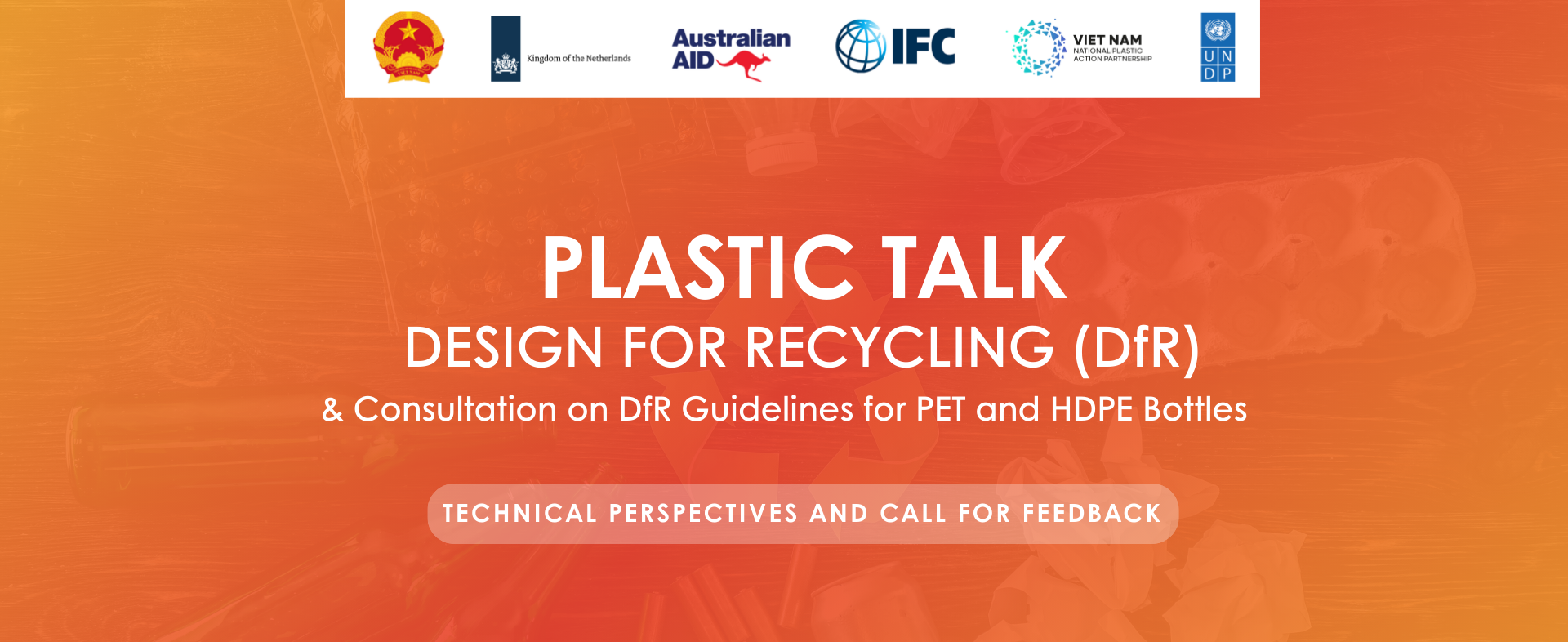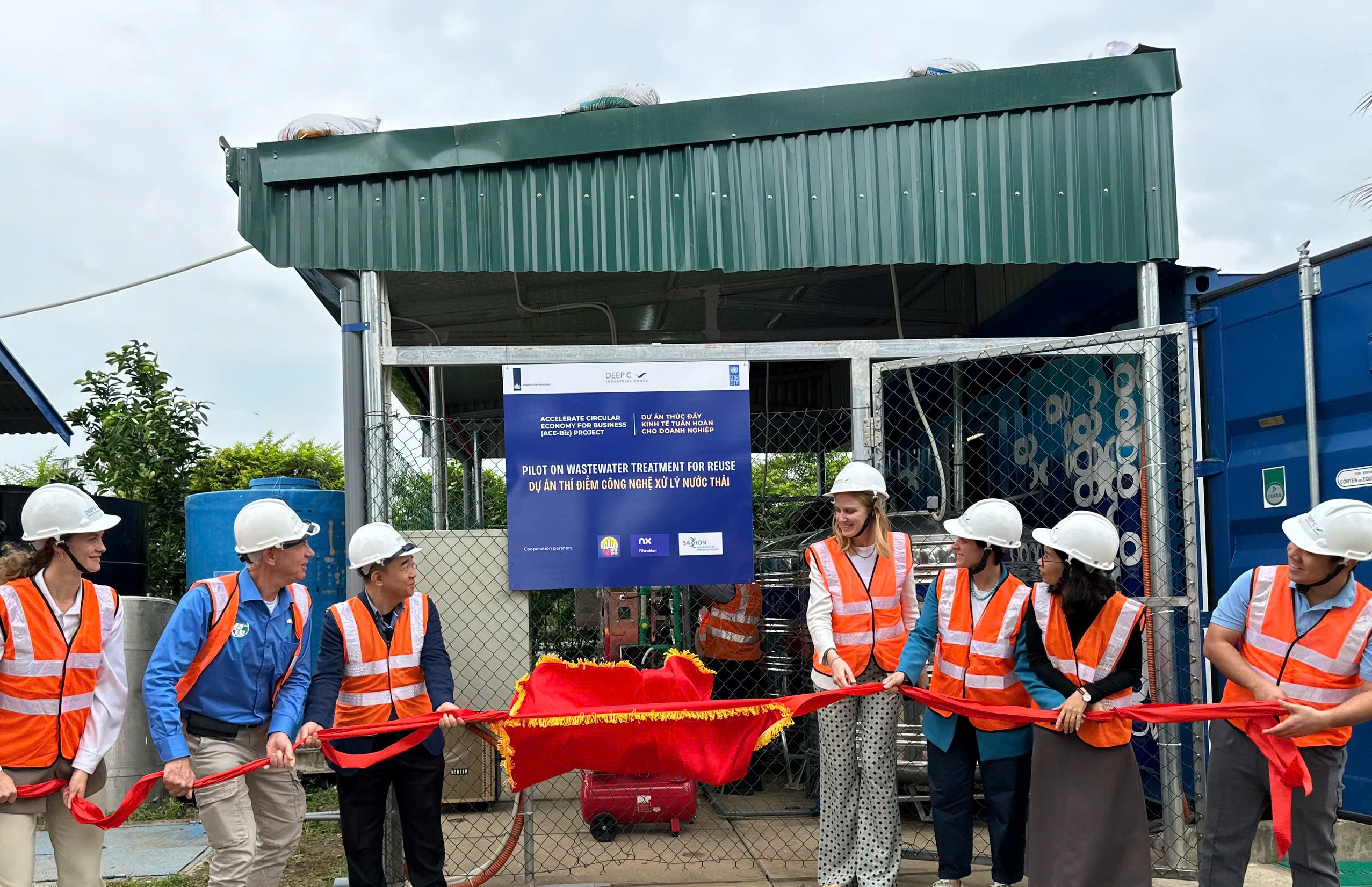
On July 31, 2024, the Ho Chi Minh City People’s Committee issued Decision 4330/QD-UBND regarding the Plan for Implementing Digital Economy Development, Sharing Economy and E-commerce Development, and Circular Economy.
The objective of the task focuses on developing new economic models to innovate thinking and unify understanding of new economic models such as the digital economy, shared economy, circular economy, and other creative economic models in line with the rapid development of science, technology, and the Fourth Industrial Revolution (4IR); orienting solutions to support the development of new economic models; enhancing the level and capacity for innovation to develop human resources serving the development of new economic models and the application of new business models.
The goal of the Digital Economy Development Plan is to promote the development of the digital economy with four pillars – information technology industry, digitization of economic sectors, digital governance, and digital data; creating a favorable business environment for digital technology enterprises and addressing issues arising during the development of the digital economy.
The Implementation Plan for 2024-2025 includes:
- Intensifying the implementation of the Plan No. 2649/KH-UBND dated June 16, 2023, by the People’s Committee of Ho Chi Minh City regarding the implementation of Decision No. 411/QĐ-TTg dated March 31, 2022, by the Prime Minister on the development of the digital economy and digital society until 2025, with a vision to 2030 in Ho Chi Minh City for the 2023-2025 period; the “Digital Transformation of Ho Chi Minh City” Program and the “Building Ho Chi Minh City into a Smart City” Project for 2024-2025, focusing on tasks related to digital economy development.
- Building a focused and breakthrough digital economy model in Ho Chi Minh City to lead and facilitate the development of the digital economy.
- Continuing to develop and complete the City’s integrated and data-sharing platform (HCM LGSP) and utilize management support platforms. Promoting the application of artificial intelligence platforms and virtual assistants to support businesses and citizens in handling administrative procedures.
- Continuing to develop specialized databases and provide open data to foster an innovation ecosystem based on data. Operating and effectively exploiting the City’s Data Portal, Digital Map Portal, and Online Data Warehouse for citizens and organizations.
- Researching, proposing, and implementing plans to support small and medium enterprises in digital transformation within Ho Chi Minh City.
- Promoting the development of digital technology enterprises by implementing solutions to support industrial manufacturing enterprises in applying 4.0 technology and digital transformation to develop smart manufacturing. Developing a proposal for building new concentrated IT zones in the City. Intensifying the application of digital platforms in management and production in industrial parks and export processing zones, and promoting and connecting the participation of digital technology enterprises. Establishing a controlled trial mechanism for new technology solutions within high-tech zones, concentrated IT zones, and innovation centers in the City.
- Accelerating the digitization of economic sectors, focusing on seven prioritized sectors: healthcare, education and training, labor, employment, and social security, tourism, agriculture and rural development, natural resources and environment, logistics.
- Continuing to organize training programs and communication campaigns to raise awareness about using digital economy services, legal aspects of digital contracts for service users, and ensuring safety in electronic contract payments. Implementing research on digital economy development solutions in Ho Chi Minh City.
The goal of the Shared Economy and E-commerce Development Plan is to capture the development trend of shared economy models, encourage innovation, and apply digital technology and e-commerce to contribute to the development of the digital economy; proposing specific and coordinated policies to effectively promote the development of shared economy activities and traditional economy in the City, ensuring the rights, responsibilities, and legitimate interests of all parties involved in shared economy activities, contributing to the City’s economic shift towards modernity and sustainability.
The Implementation Plan for 2024-2025 includes:
- Developing and implementing the Shared Economy Development Plan in the City until 2025, with a vision to 2030; carrying out tasks according to Decision No. 999/QĐ-TTg dated August 12, 2019, by the Prime Minister approving the “Scheme to Promote the Shared Economy Model.”
- Continuing to implement the comprehensive e-commerce development plan in Ho Chi Minh City for the 2021-2025 period and carrying out annual plans. Promoting the development of cross-border e-commerce; intensifying the establishment of databases on commercial activities in the City to serve state management; encouraging and supporting businesses and consumers to engage in e-commerce transactions; promoting e-commerce business models and online shopping, cashless payments, gradually changing consumer habits towards modernity and civilization.
- Intensifying communication and dissemination of policies and laws, equipping knowledge and skills for business and consumer transactions in e-commerce and shared economy; organizing seminars and training sessions for individuals and businesses to enhance their understanding of obligations and responsibilities to comply with regulations related to e-commerce, shared economy, and consumer protection, helping consumers feel secure when participating in electronic transactions.
- Regularly reviewing shared economy business activities in the City regarding enterprise establishment procedures, capital mobilization methods, investment methods, risk management, tax obligations, labor management, labor relations…; recommending improvements to relevant laws to ensure fair competition between traditional economy and shared economy businesses.
- Promoting industrial symbiosis activities within industrial parks and economic zones, cooperating in building and converting them into eco-industrial parks. Coordinating with central agencies to monitor and implement a controlled trial mechanism related to the shared economy in the City.
- Reviewing and evaluating existing support policies and proposing appropriate solutions to protect consumers, safeguard workers, and apply new technologies in shared economy and e-commerce models in the City. Researching and proposing mechanisms to mitigate risks for parties involved in the shared economy model, such as early warning mechanisms for service providers and consumer protection mechanisms.
The goal of the Circular Economy Development Plan is to promote the development of the circular economy to contribute to restructuring the economy and transforming it towards green and sustainable growth; efficiently and sustainably exploiting and using resources and energy; encouraging the development and use of environmentally friendly, renewable, reusable, and recyclable materials, energy, and products; supporting the development of circular economy models at various levels – City, industrial parks, sectors, enterprises, consumers, and citizens. Strengthening international cooperation, exchanging experiences, and mobilizing effective resources to develop the circular economy in the City.
The Implementation Plan for 2024-2025 includes:
- Continuing to implement the Circular Economy Development Plan in Ho Chi Minh City for the 2022-2025 period, with a vision to 2030; monitoring and reviewing documents from central authorities and related programs to adjust, amend, update, and supplement as appropriate.
- Implementing the Environmental Pollution Reduction Program for the 2020-2030 period and periodic plans; focusing on solutions to prevent the trend of environmental re-pollution, gradually improving the City’s environmental quality, adapting to climate change, and aiming to achieve sustainable development goals by 2030.
- Continuing to implement communication programs on circular economy, environmental protection, and climate change response, thereby raising awareness among citizens about waste reduction, sorting, reuse, and recycling; mobilizing citizen participation in waste collection and sorting. Organizing conferences, seminars, and training programs on circular economy, providing access to new technologies for civil servants, public employees, and businesses. Developing guidelines, training materials, and supporting the implementation and replication of good practices in circular economy, sustainable business at enterprises, and economic sectors.
- Continuing to review relevant regulations, creating favorable conditions for business establishments to apply the circular economy. Implementing policies and solutions to support enterprises in accessing and developing the circular economy, such as supporting training, consulting enterprises to complete strategies, design models, business plans, technological solutions to apply the circular economy; implementing incubation and acceleration programs for innovation projects, developing, testing products, transferring technology related to the circular economy; accessing credit for circular economy and sustainable business from the Environmental Protection Fund; promoting investment, connecting supply and demand, promoting products and services of sustainable business, circular economy… Coordinating with central agencies to implement a trial mechanism for circular economy development.
- Promoting cleaner production, producing environmentally friendly products, applying models, and sustainable linkages in product lifecycle chains and circular supply chains. Developing markets for organic agricultural products, products produced through sustainable processes. Continuing to implement the National Action Plan on Sustainable Production and Consumption in Ho Chi Minh City for the 2021-2030 period to promote sustainable production and consumption based on innovation, creativity, practice, and development of sustainable production and consumption models, promoting sustainable domestic production and consumption, creating stable and green jobs, promoting sustainable lifestyles, and improving the quality of life for citizens, aiming towards developing a circular economy.
- Implementing the circular economy in priority sectors of the City. Promoting green public procurement; green public investment; circular agriculture, green agriculture, ecological agriculture, and sustainable agriculture; industrial symbiosis models; eco-industrial parks; sustainable business, ecological tourism…
- Organizing and implementing research as a basis for developing policies and orientations for the City’s future development, such as the enforceability of extended producer responsibility (EPR) policies for businesses in certain sectors; solutions to improve the City’s Provincial Green Index (PGI) to minimize the negative impact of environmental pollution, natural disasters, and climate change on business operations and business sustainability; feasibility of integrating urban service models with energy-food-water supply systems to develop a green urban economy, green city.
- Promoting collaboration and cooperation, exchanging
- Mobilizing international resources for technical support, investment in waste and trash control; adopting management models and technologies for producing alternative products, recycling waste and trash, and transitioning to a circular economy, fostering green growth in line with the practical conditions of the City. Exchanging experiences and cooperating in research and development of models, sharing information and data with countries and territories in the region and around the world on circular economy and sustainable business models. Continuing to concretize and deepen activities related to circular economy development within the framework of the Ho Chi Minh City – World Bank Joint Task Force.
- Completing and continuously updating the data set on waste, wastewater, and annual energy generation in the City; creating a data map (mapping) of sources and treatment of solid waste. Effectively monitoring the exploitation and use of resources within the area. Strictly handling facilities that cause severe environmental pollution and behaviors that pollute the environment; closely controlling waste sources, especially wastewater and trash from craft villages, rural household waste, and the importation of scrap materials for production. Reviewing and completing legal documents to promote activities for plastic waste classification, collection, and recycling, reducing plastic waste based on the “polluter pays” principle; regulations on the pricing of household solid waste collection and transportation services; regulations on the classification of household solid waste and the management of bulky waste, etc.
Source: Information Department.


















